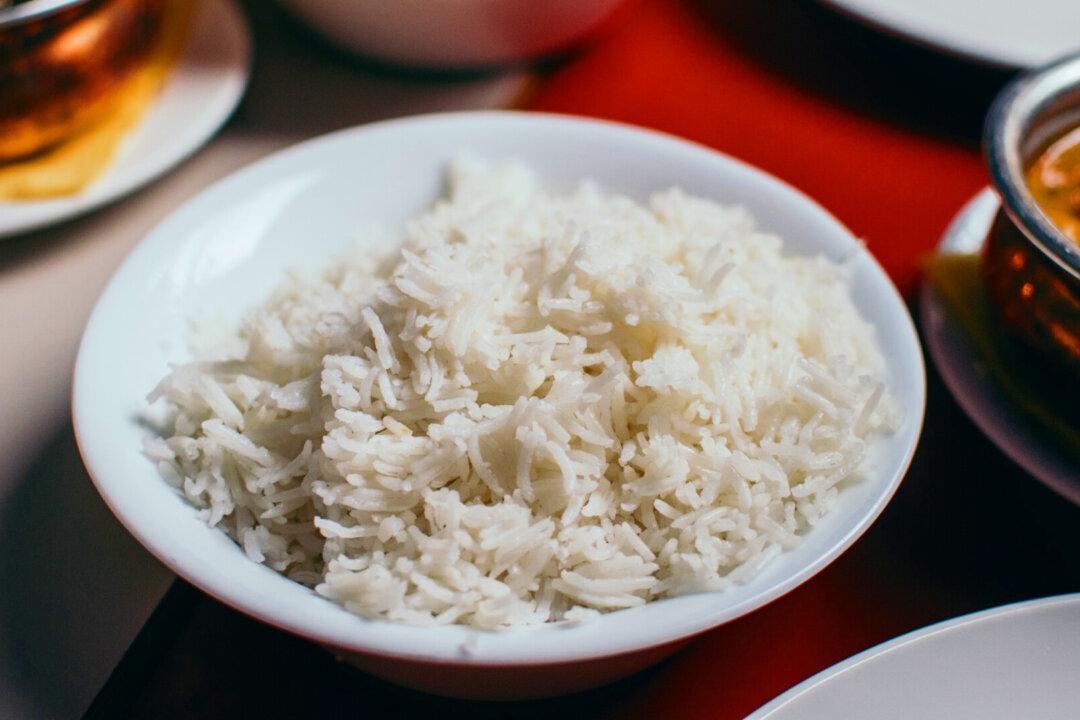Australian researchers are recommending that everyone rinse their rice before cooking to avoid ingesting plastics, according to a world-first study measuring the levels of microplastic in rice.
The lead author of the research, Jake O'Brien, said that people might consume 3 to 4 mg of plastic through a single-serve of uncooked rice. Plastics in instant rice, which undergoes more processing, were four-fold higher, according to the study just published in the Journal of Hazardous Material.





